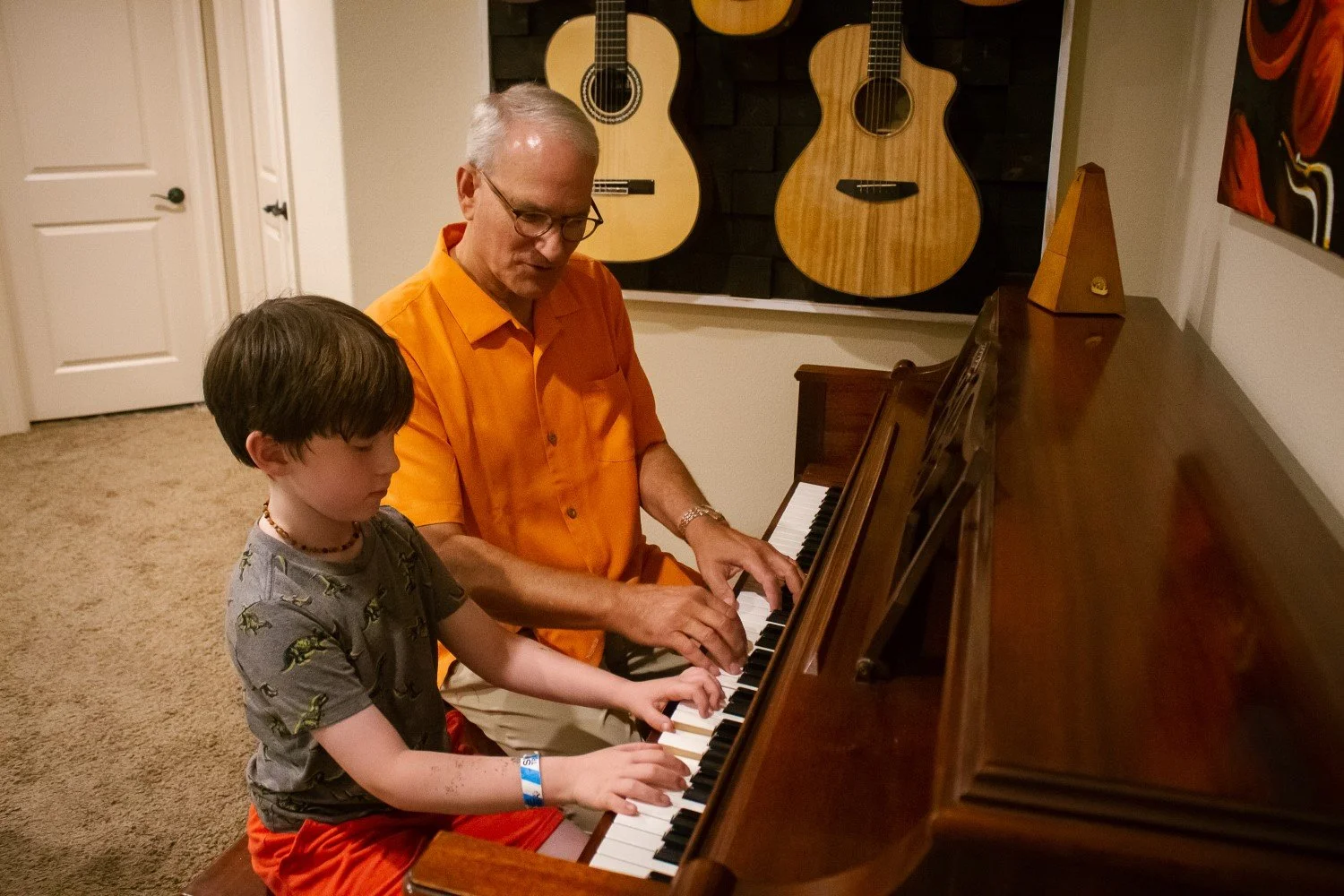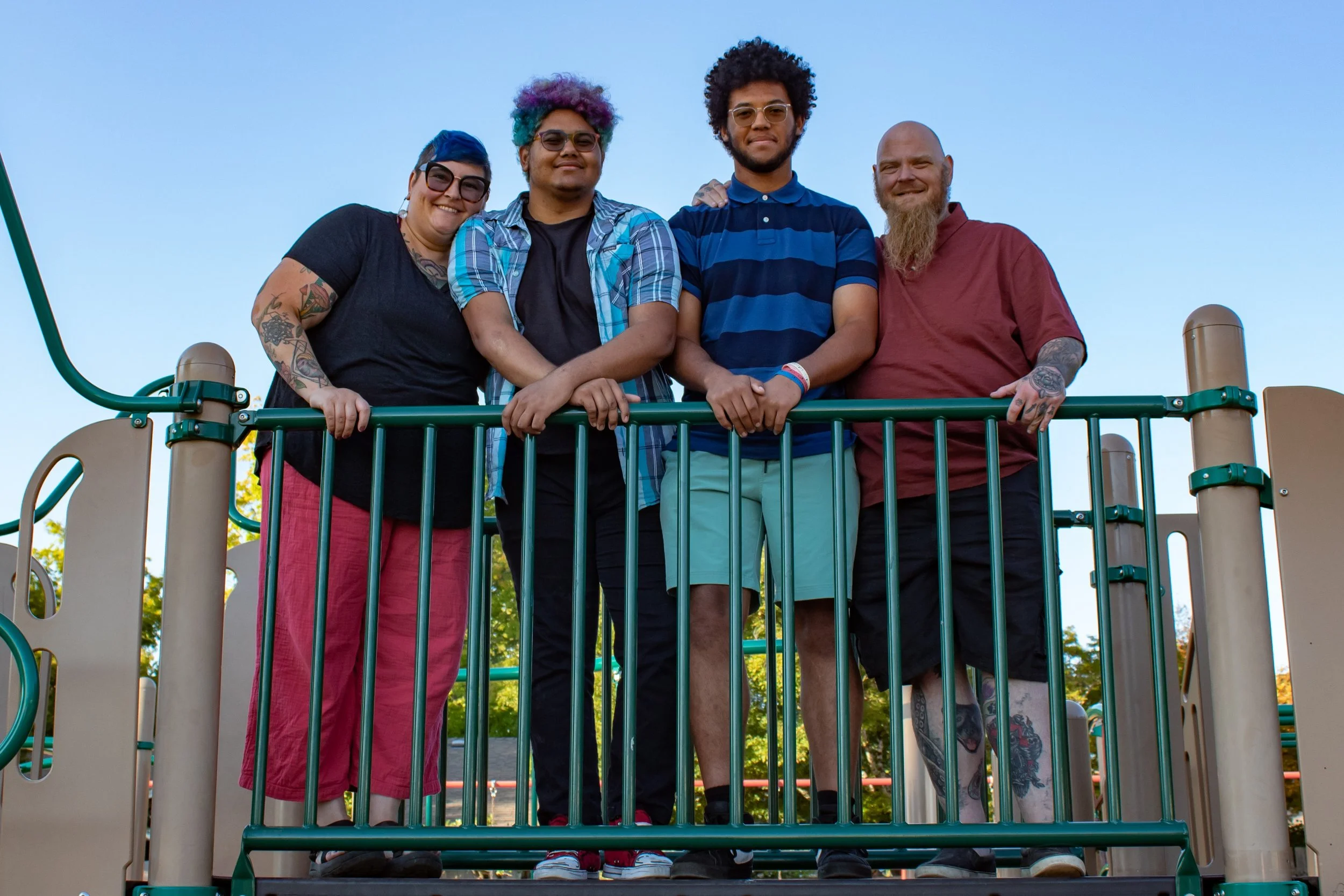The Advantages of Fostering with Boys & Girls Aid
If you’re considering becoming a foster parent, you have two options: you can choose to work with the state Department of Human Services (DHS), or you can choose to work with a Child Caring Agency (CCA) like Boys & Girls Aid.
Here are a few of the key differences between getting certified for foster care with the state versus with Boys & Girls Aid.
Youth in Care
The State of Oregon is responsible for arranging foster care for children of all ages and situations. Occasionally, there are children and youth who need a little extra support. These young people have experienced more trauma than their peers, and need foster parents who have more extensive training. To ensure the children and youth who fall into this category receive the care they need, they are referred to CCAs, including Boys & Girls Aid.
Boys & Girls Aid has three programs dedicated to caring for youth in foster care ages 5-20. Our Nest program serves kids ages 5-9, and our Neighborhood program serves teens ages 12-20 from the Oregon child welfare system. Our STEP program serves teens ages 12-18 who have been referred to us from the juvenile justice system.
You can learn more about our individual foster care programs at boysandgirlsaid.org/our-programs.
Length of Stay
In traditional foster care, youth may be moved between foster homes often. This may happen if the home isn’t a good fit, or because the youth broke the rules.
At Boys & Girls Aid, we focus on permanency. Our foster care placements are meant to be long-term, to stop the cycle of moving which creates more trauma. Our foster parents are specifically trained during the certification process to manage and work through difficult situations with the youth in their care. In addition, our intake staff works diligently to create matches between foster parents and youth who are most compatible.
The exception to the long-term stay rule is with our STEP program. Because this program is an alternative to detention, youth are in the program only as long as they are ordered to be. After this time, most return to their biological families. The average length of stay for a youth in STEP is 30-90 days.
Training & Support
To become certified with Boys & Girls Aid, foster parents must complete extensive training in trauma-informed care, collaborative problem solving, and more. Once certified, foster parents continue attending monthly training sessions led by Boys & Girls Aid staff or other local experts on topics such as grief, supporting LGBTQ+ youth, and more. These monthly meetings also give foster parents a chance to share their experiences, ask questions, meet other foster parents, and learn from each other.
Foster parents aren’t on their own once they have a placement. They have access to a team of Boys & Girls Aid staff dedicated to helping them succeed. We offer 24-hour support to answer questions, provide guidance, and assist with emergencies.
Compensation & Benefits
Boys & Girls Aid offers a much higher rate of compensation for foster parents than the state. The Oregon Department of Human Services pays a base foster care rate of $693- $795 per month per child in your care, depending on the child’s age. On the other hand, Boys & Girls Aid pays $1,200-$3,500 per month per child in your care.
This financial support is meant to be used to cover the cost of food, clothing, housing, personal items, and transportation for the youth in care.
Finally, we know that foster parenting is hard. That’s why Boys & Girls Aid offers foster parents up to 48 hours of respite time (paid time off) each month. In addition, they have access to supportive caregivers who can care for foster placements when foster parents need a shorter break, such as a date night.
In the end, the choice of whether to work with the state or with a CCA comes down to what’s best for you and your family. Either way, you’ll be helping a child in need of a safe, supportive home.
If you’re interested in learning more about becoming a foster parent with Boys & Girls Aid, sign up for an information session today!




